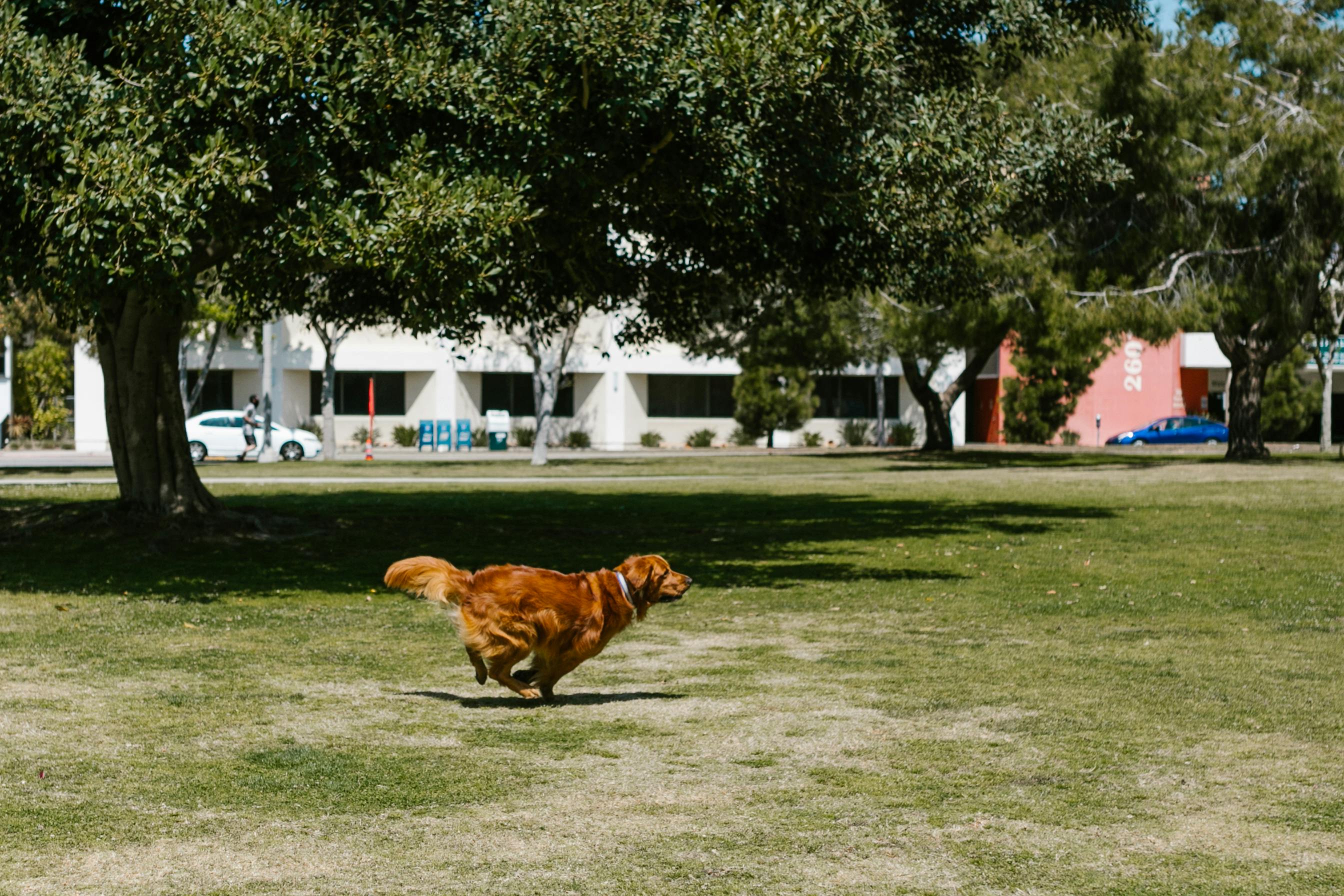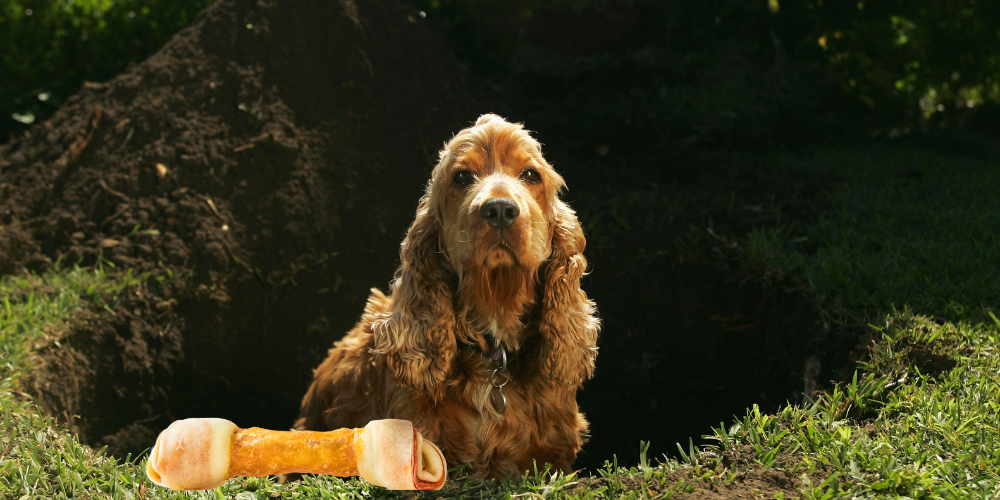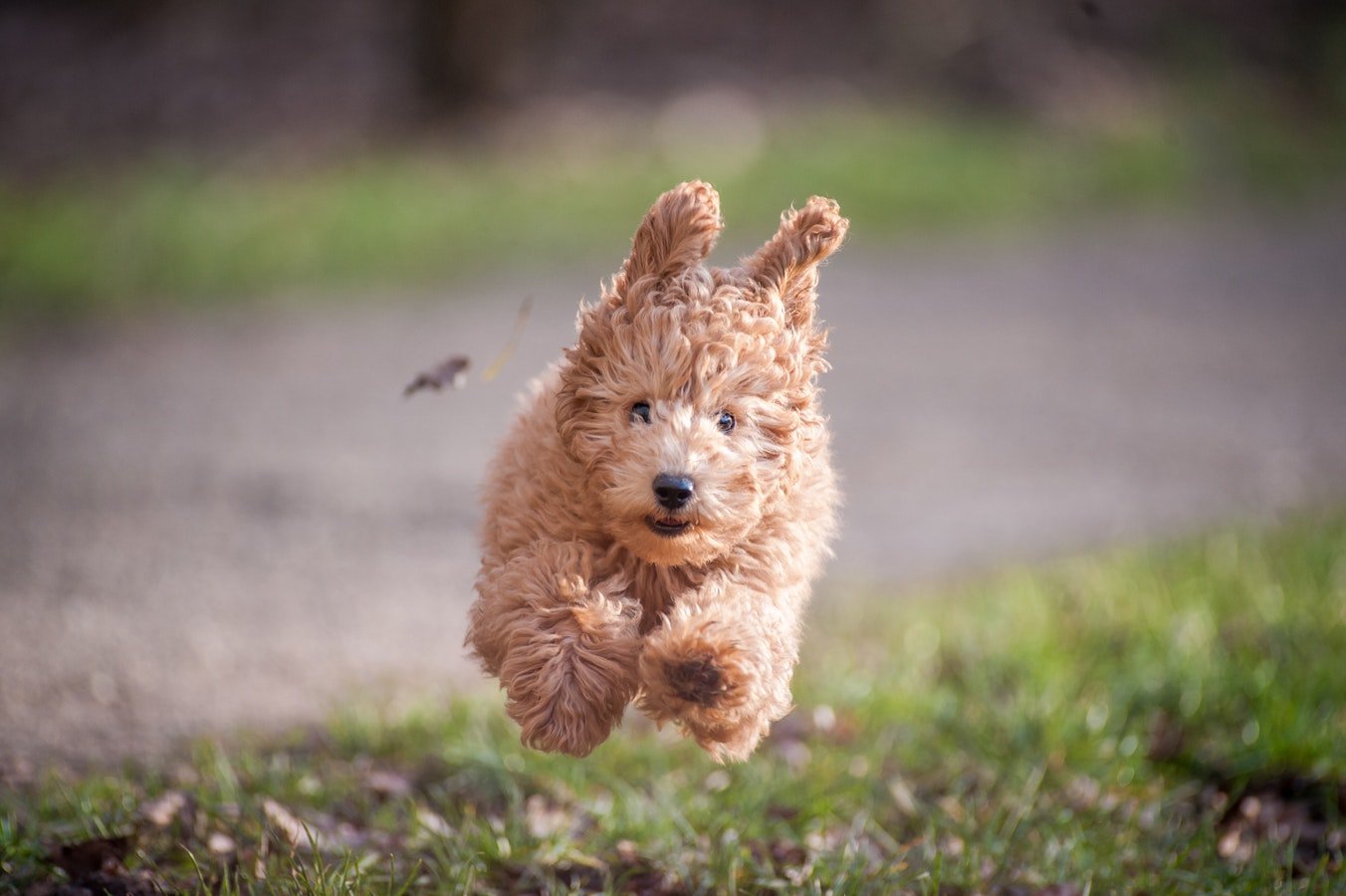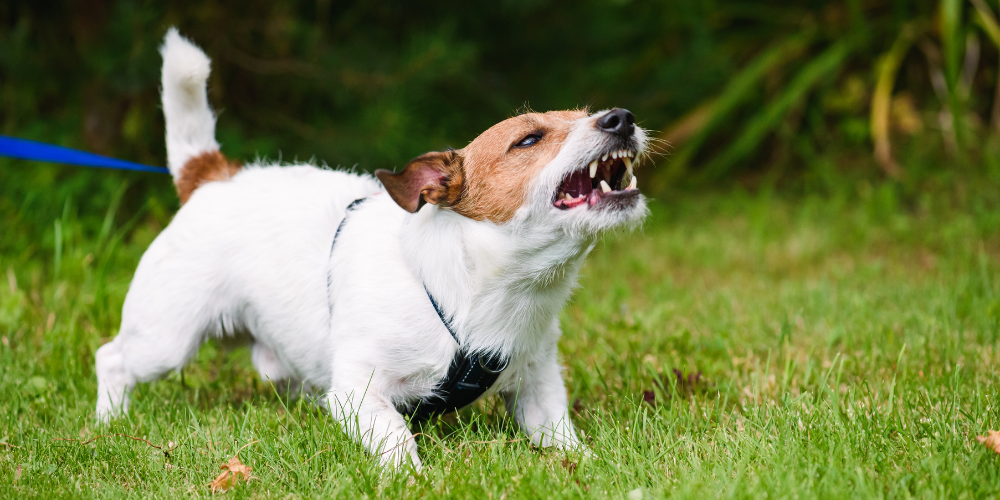
Worried about your dog running away? Even the most loyal dogs can unexpectedly dart through an open gate for various reasons, from mating urges to sheer curiosity. Let’s explore the reasons behind their escape attempts and how you can keep them from getting lost.
Fear & Loud Noises:
Dogs have a highly sensitive sense of hearing and can detect sounds beyond the capacity of human ears, which makes loud noises particularly distressing for them. Dogs have an exceptionally acute sense of hearing, capable of detecting sounds between 15 – 50,000 vibrations per second. For comparison, humans can only hear between 20 – 20,000 vibrations per second.
Common triggers like large crowds, thunderstorms, and gunfire can provoke a fear response so intense that dogs may flee to escape the noise.
Fireworks are a particularly common reason for dogs running away. In fact, it’s a prime reason why more dogs go missing around New Year’s Eve than at any other time of year!
Separation Anxiety:
Dogs with separation anxiety experience distress and nervousness when apart from their owners, leading to behaviours such as destroying furniture, chewing, and indoor elimination. In severe cases, this anxiety can drive dogs to escape from the home in a desperate attempt to reunite with their owners. Managing separation anxiety often requires behavioural training and sometimes intervention from a veterinary behaviourist.
Mating Instinct:
Once dogs reach sexual maturity, usually around six months old, their instinct to mate becomes a powerful force driving their behaviour. This natural urge can lead unneutered or unspayed dogs to wander in search of a partner, increasing the risk of them running away. Neutering or spaying can help mitigate this risk by reducing the dog's drive to seek out mates.
Boredom:
Boredom is a significant factor in why dogs run away, particularly in intelligent and high-energy breeds. Dogs need regular mental stimulation and physical exercise; without it, they may attempt to escape to find entertainment. This can be as simple as chasing a bird or exploring new environments, which can lead to them getting lost if not properly supervised.
Hunting Instinct:
A deeply ingrained hunting instinct can suddenly trigger a dog to chase after wildlife. This can be particularly problematic in rural areas or during specific seasons when wildlife activity peaks. Dogs with strong prey drives may ignore commands and distances in the thrill of the chase, leading them into unfamiliar territories.
Unfamiliar Surroundings:
Moving to a new home or holidaying in a new spot can disorient your dog, increasing the likelihood of them running away to explore. Keeping them leashed in new environments and gradually acclimatising them to new places can help mitigate this risk.
Preventive Measures to Keep Your Dog from Running Away:
Ensuring your dog doesn't run away involves a combination of training, home security, and understanding their needs. Start by reinforcing your garden with secure fencing and gate locks to physically prevent escapes. Consistent training, especially commands like "come" and "stay," helps manage their behaviour both at home and in public. Equally important is addressing the emotional and psychological triggers that might cause your dog to flee. Regular exercise and mental stimulation keep your dog engaged and satisfied, reducing the urge to wander. Additionally, consider neutering or spaying to diminish the mating-driven desire to escape. Implementing these strategies creates a safe and fulfilling environment for your dog, making the great outdoors less enticing compared to the comforts of home.



